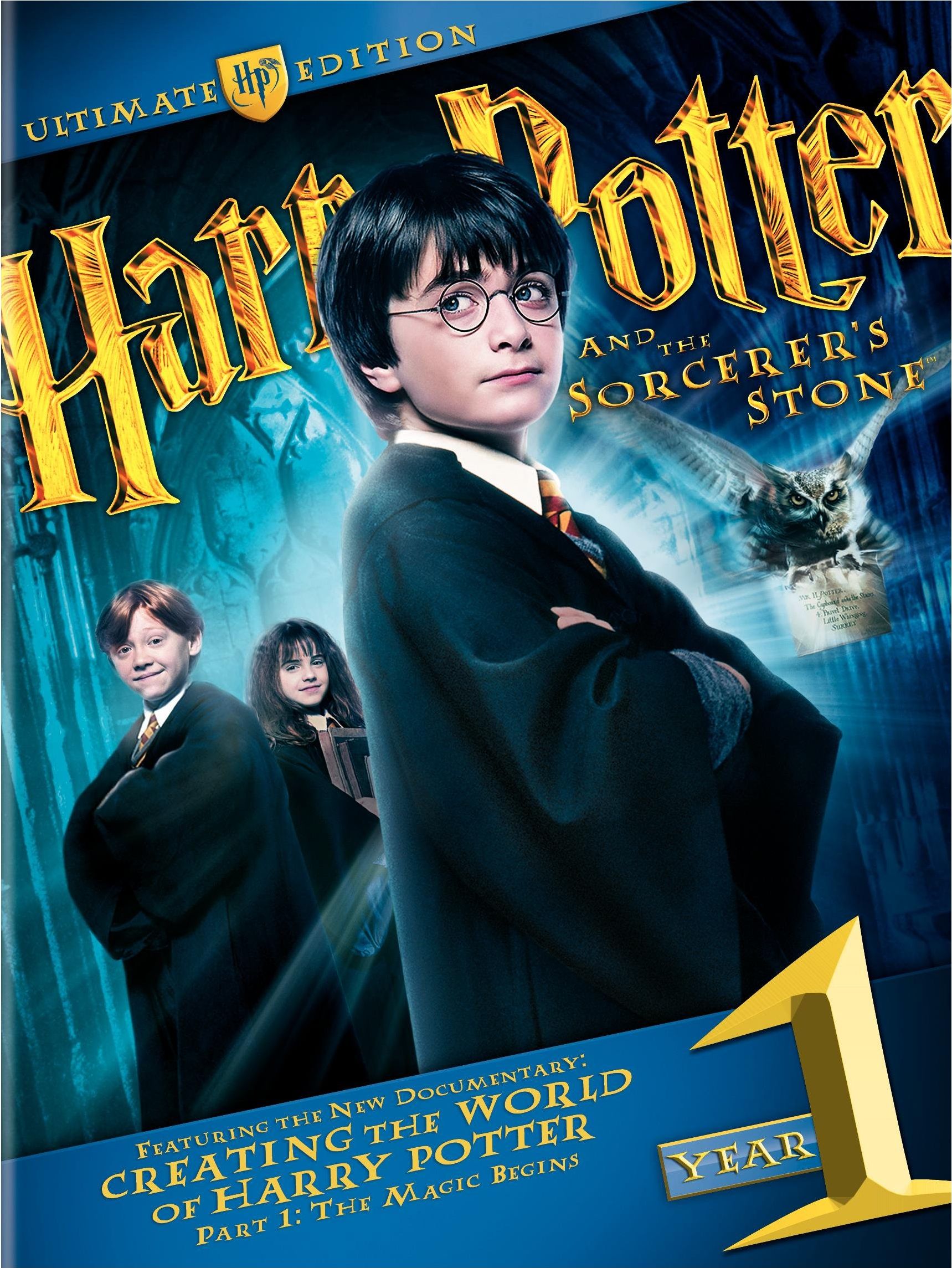

However, Rowling also states that death can be viewed as something beautiful, and more meaningful than it appears. They could then "greet Death as an old friend". The only way someone can defeat death is when they no longer fear death, but accept it. The story of the Peverell brothers who tried to cheat Death, and the objects which when reunited, would make one Master of Death, was not about achieving immortality but about accepting death. While a constant theme throughout the series, the acceptance of death plays its greatest part in the seventh book. Īnother major theme in the story is acceptance. However, throughout the series, it becomes clear that death is not something to fear, but "life's next big adventure".

I so understand why Voldemort wants to conquer death. There is Voldemort's obsession with conquering death and his quest for immortality at any price, the goal of anyone with magic. They open with the death of Harry's parents. She once stated, "My books are largely about death. However, the inconsistencies ended there as the remaining six books all had uniform names." It's the unknown we fear when we look upon death and darkness, nothing more." - Albus Dumbledore to Harry PotterĪccording to Rowling, one of the major themes in the books is death. The change in title would also be reflected in the first film when it came out in 2001. To be honest, I wish I hadn't agreed now, but it was my first book, and I was so grateful that anyone was publishing me I wanted to keep them happy. When asked if it bothered her that the name of the book had been changed in the U.S., she wrote that "they changed the first title, but with my consent. Rowling later admitted in a web chat for BBC Red Nose Day in 2001 that she regretted the decision. Eventually, the author suggested Sorcerer's Stone, and that's how the book is known in the U.S. Errington's biography on Rowling, he wrote that Levine wanted “a title that said ‘magic’ more overtly to American readers." Levine was concerned that Philosopher's Stone would feel "arcane," so one of the proposed alternatives was Harry Potter and the School of Magic, which Rowling shot down. Levine, who headed the Scholastic children's imprint that would publish the book, knew he had a winner on his hands-he just had some reservations about the title. publishing rights for what was then known as Harry Potter and the Philosopher's Stone, forking out a comparably high $105,000 for the privilege. It dates back to when the rights were sold for the first book: Scholastic Corporation bought the U.S. Rowling's most famous creation is Harry Potter and the Sorcerer's Stone, but pretty much everywhere else on the planet, it's Harry Potter and the Philosopher's Stone. One of the ongoing anomalies of the Harry Potter series is the differing title of the first adventure.


 0 kommentar(er)
0 kommentar(er)
